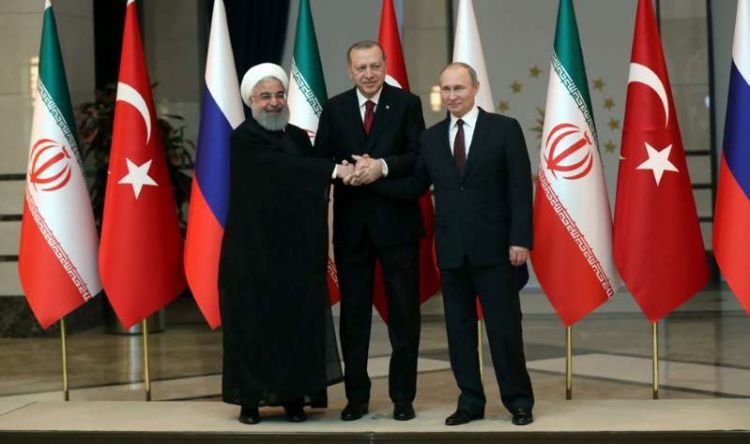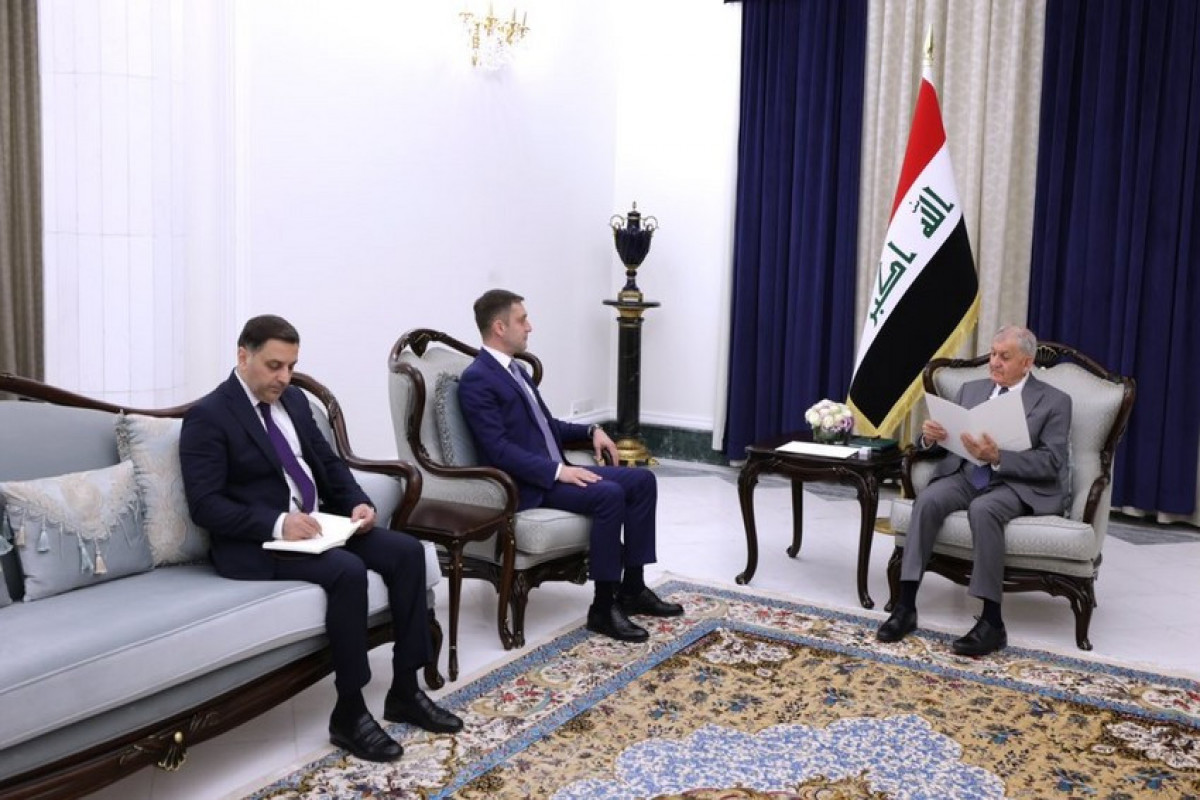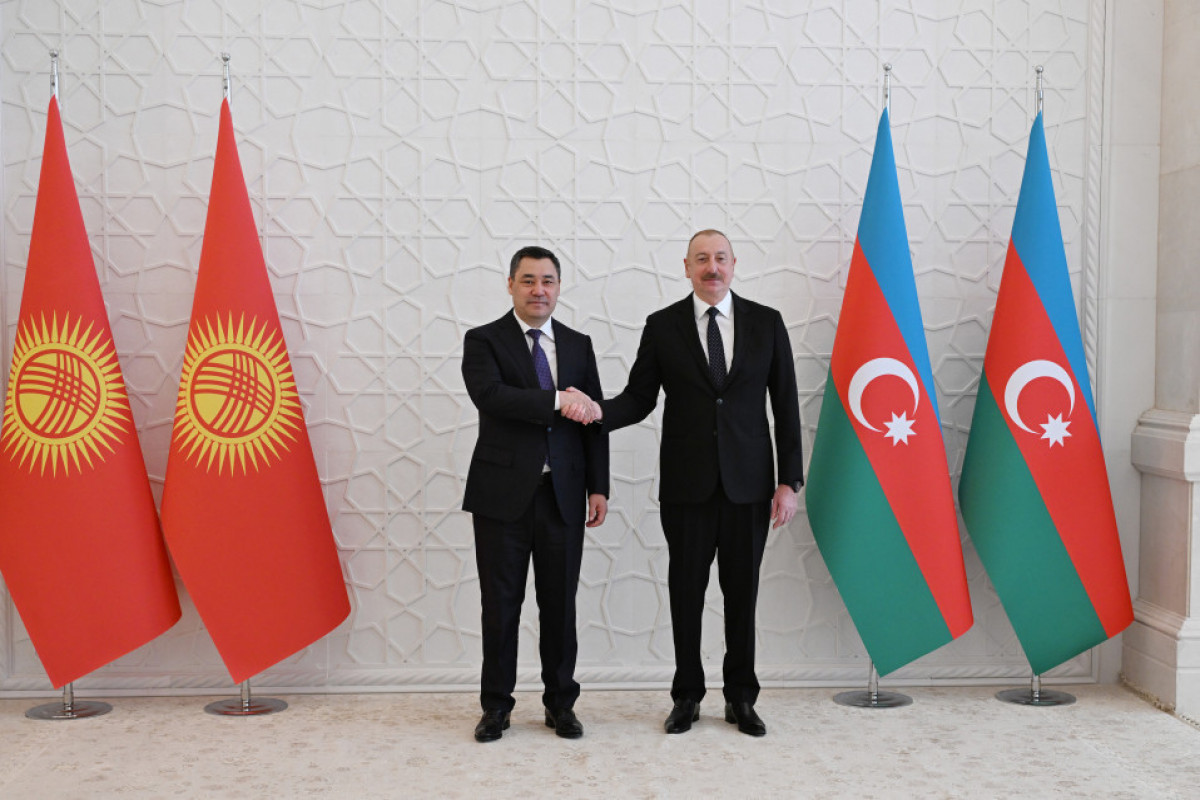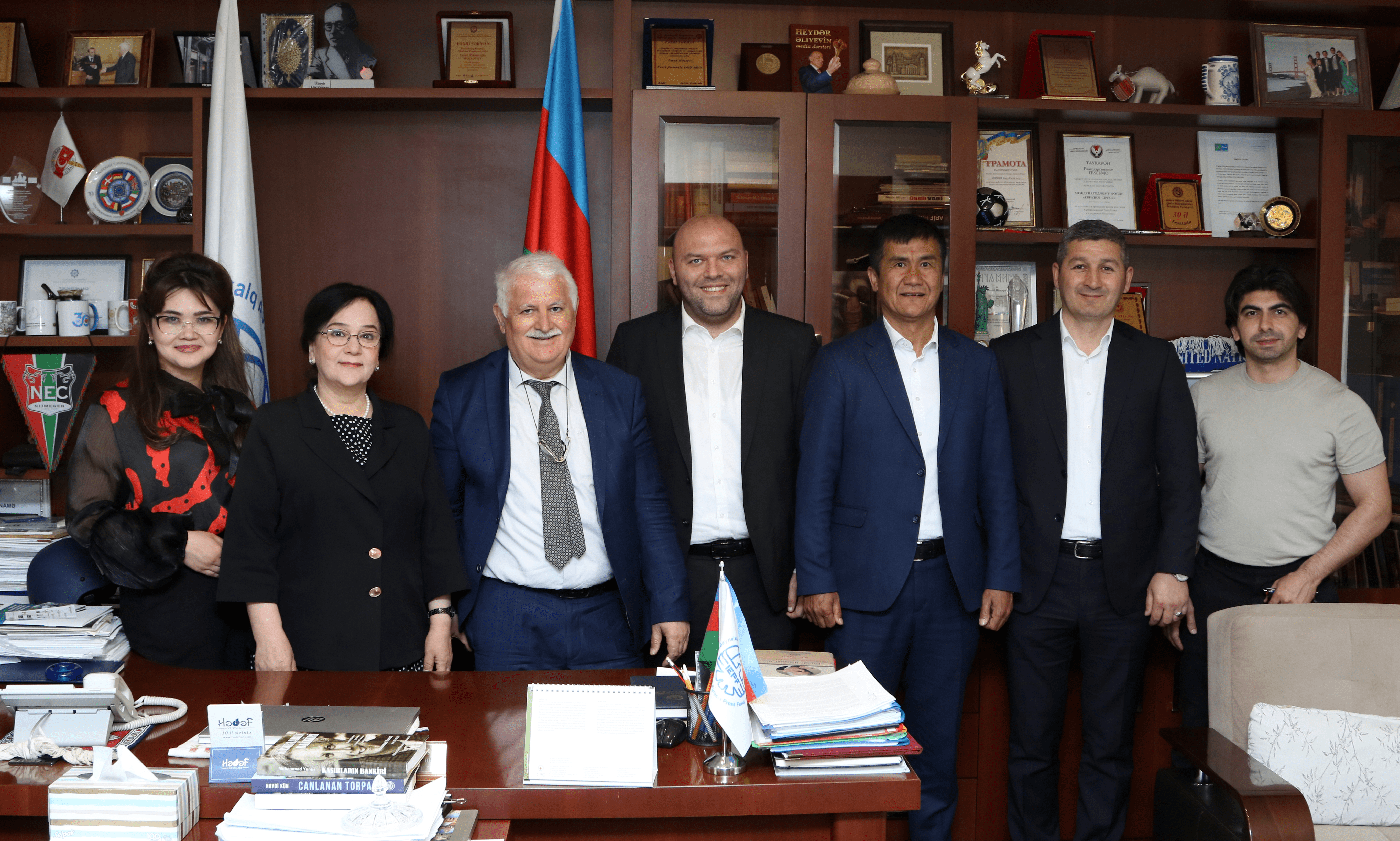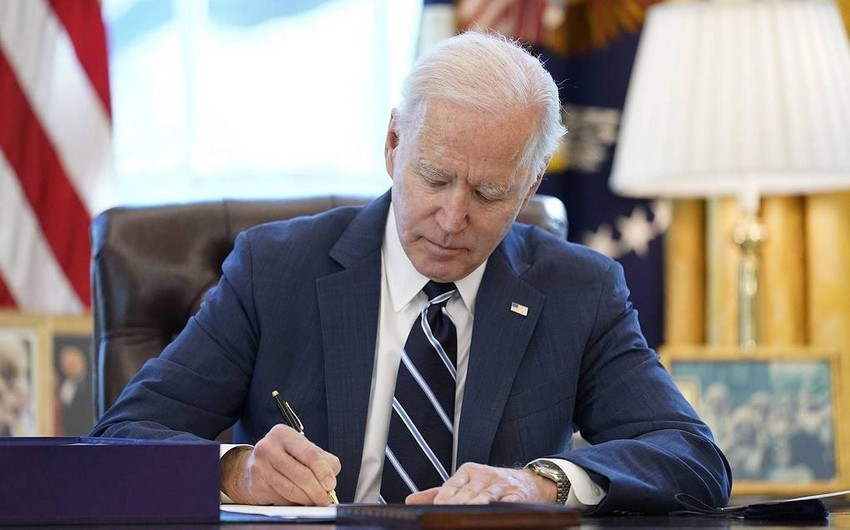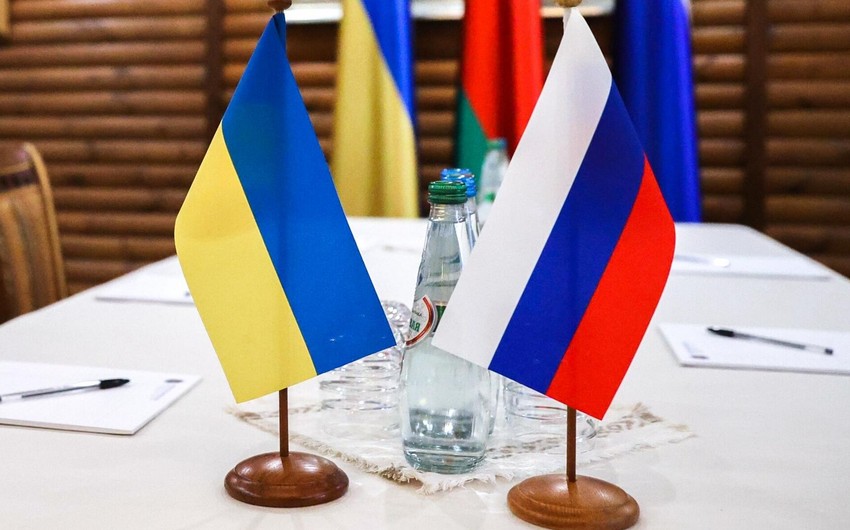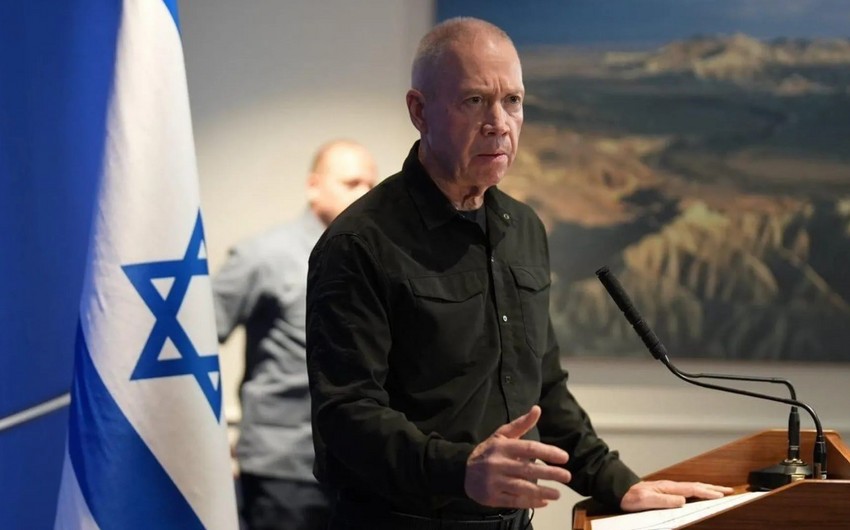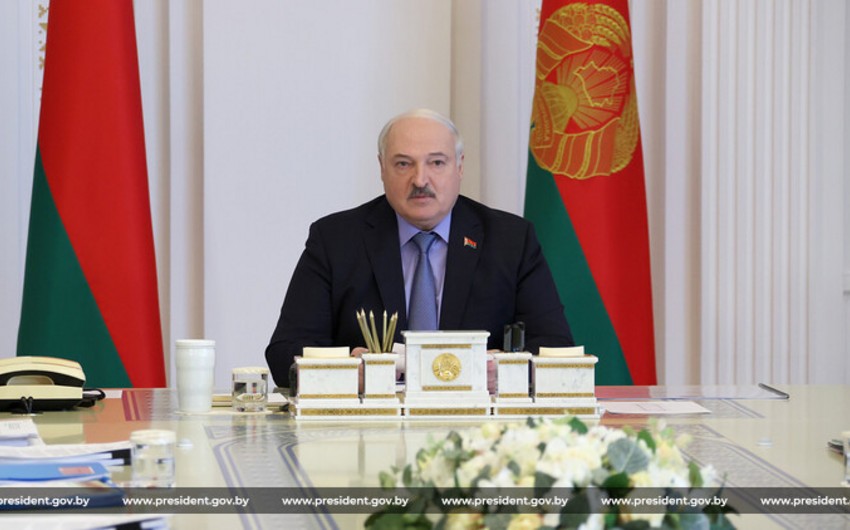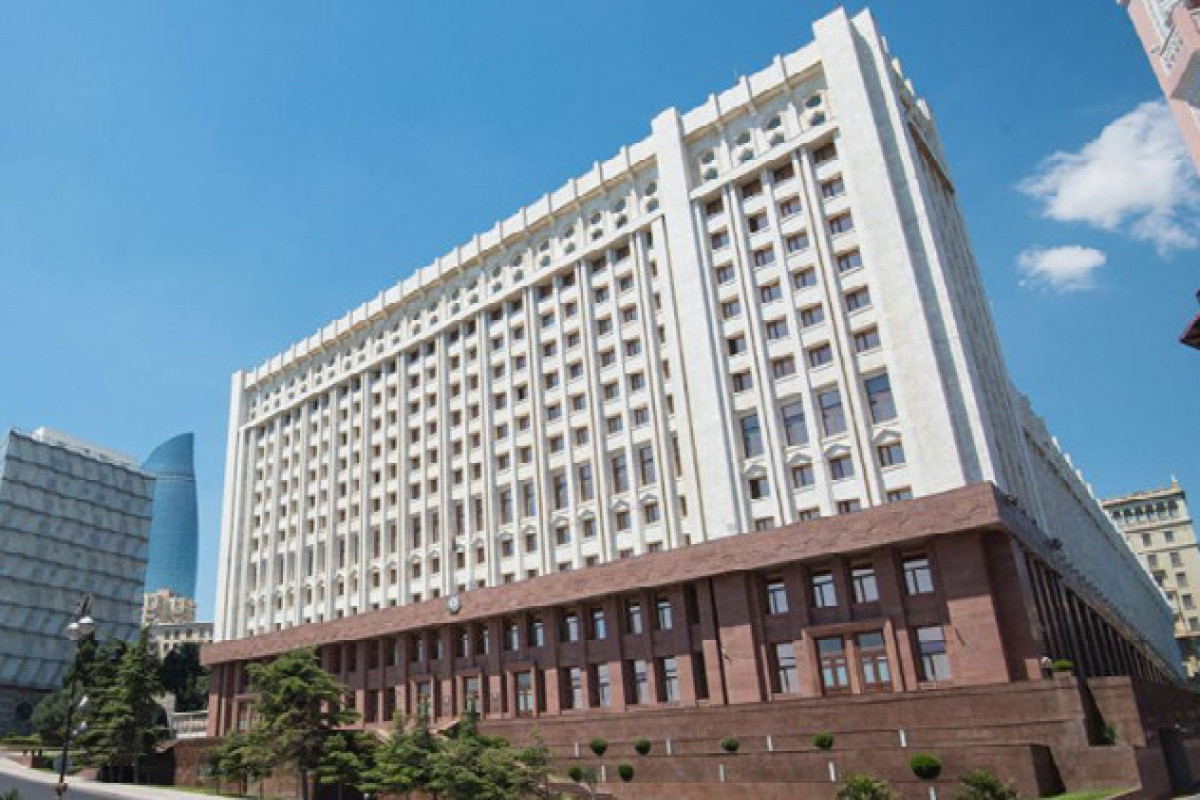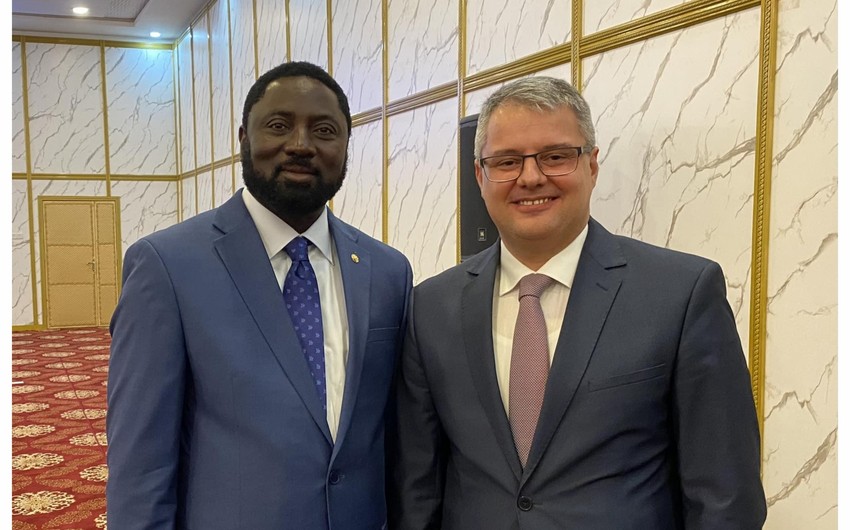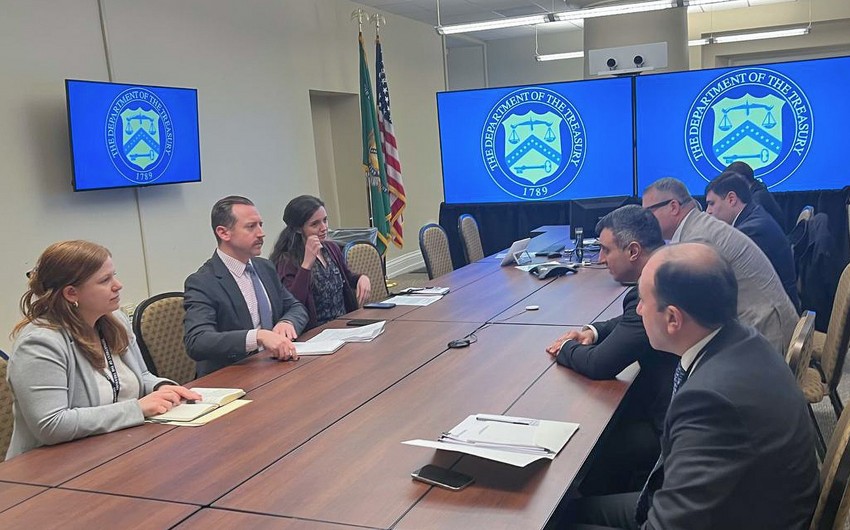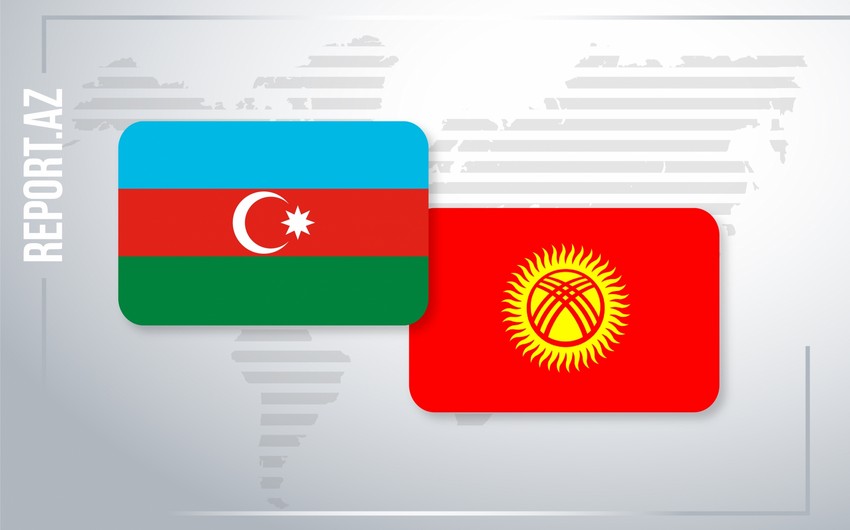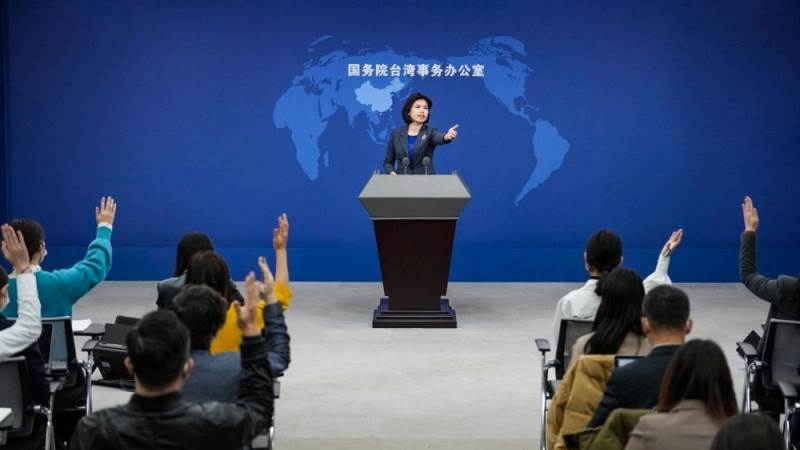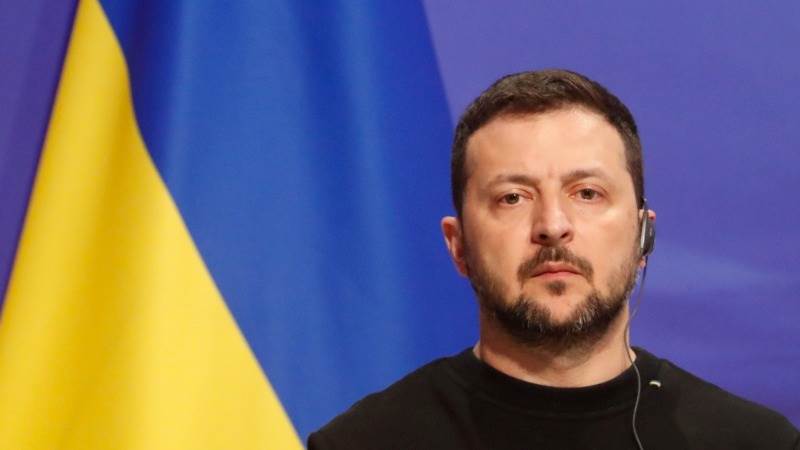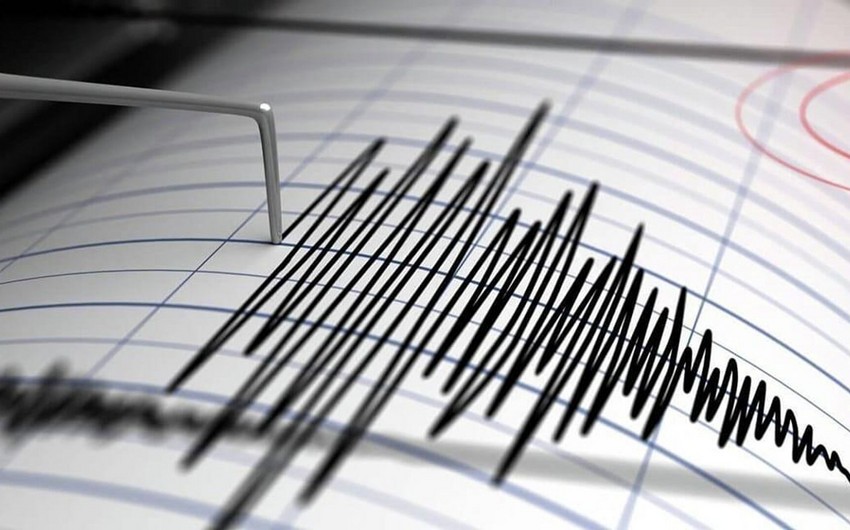On paper, the 16 companies registered to the 15th-floor office-tower suite of a building in Hong Kong appeared indistinguishable from the thousands of humdrum firms operating within the glass-and-steel high-rises of the city. But according to the U.S. Treasury Department, all these firms, with names like True Honour Holdings and Alpha Effort Limited, were front companies for the Islamic Republic—creative attempts by Iran to evade sanctions on the purchase of military equipment, which were imposed on the country over its missile program back in 2011.
On May 8, President Donald Trump withdrew from the nuclear deal negotiated by Iran, the United States, and five other nations. That decision set off a scramble by Tehran to stave off the sanctions that would snap back into effect, as the United States began moving to reimpose them and bring other governments to heel. On Monday, Secretary of State Mike Pompeo promised that the United States would apply “unprecedented financial pressure” through sanctions if Iran failed to curb its nuclear and weapons programs and rein in its regional meddling.
Going forward, Trump may decide against threatening U.S. allies to force them to abide by restrictions on trade with Iran. Tehran may decide to swallow its pride and agree to reopen negotiations to give Trump the supposedly better deal he has demanded rather than endure heightened sanctions. Hardliners in both Washington and Tehran will do their best to sink both possibilities. Iran’s ability to resist U.S. sanctions, the world’s ability to ignore them, and Washington’s ability to enforce them anyway will play a key role in the calculations of international leaders over the coming months.
Iran is no stranger to exacting economic pressure. It has weathered U.S. sanctions for nearly four decades, and survived the brutal UN sanctions imposed over its nuclear program from 2010 to 2015. It evaded sanctions to sell its oil and acquire the products and raw materials it needed to sustain its economy. “Fifteen years ago some guy would set up a company in Dubai’s Jebel Ali port and load stuff from wherever and ship it to Iran and no one would notice,” Farhad Alavi, a sanctions-compliance attorney at the Akrivis Law Group in Washington, told me. “Now the detection systems and knowledge are leaps and bounds ahead.”
Despite Washington’s primacy in the global financial system and fine-tuned ability to detect suspicious transactions, Iranian traders may still manage to make small deals, like purchasing food products from neighboring Turkey. But big firms will have a tough time purchasing specialized industrial products from Europe—say, machinery to manufacture automobiles, or the ingredients to produce pharmaceuticals. Banks around the world, many of which are connected via the European-based SWIFT system that allows them to move money, will be reluctant to finance or provide letters of credit for any dealings with Iran if it means they will be cut off from the United States. The restrictions also make it difficult to insure a deal or a shipment.
To circumvent the banking measures in the past, Iran has tried to conduct transactions in gold or in local currencies, allowing foreign companies to pay for oil and gas with their own money instead of dollars. China and India, for example, set up barter deals to do business with Iran using local currencies, while Turkey conducts some business with its neighbor in lira. The problem for Iran is that businesses abroad rarely want to be paid in Iranian rials, which are plummeting in value. In addition, the United States could demand that local currency or gold transactions also be limited, potentially foiling an ongoing attempt by Iran to build a trading network with Russia and Turkey. “Because Iran had problems with the U.S. central bank, Iran cut separate deals with Russia and Turkey,” Mehmet Koç, a scholar at the Center for Iranian Studies in Ankara, told me. “But the new condition Trump has put is that Iran can’t do business in either dollars or rials.”
In the past, Iran used a shifting network of front companies in places like China, the United Arab Emirates, Iraq, and Liechtenstein, to do business. Typically, these companies would operate by hiring outsiders as silent partners or registering under obscure names that didn’t immediately raise flags. For years, U.S. officials pored over financial records and intelligence intercepts to track down such firms. Starting during the Obama years, Washington needed only to issue stern warnings to governments and companies who wanted to emulate U.S. standards on corporate ethics and responsibility. “Companies are increasingly adopting a U.S.-style attitude toward compliance,” Alavi said. “Even if it might be legal they don’t want to go through all the risks.”
Turkey, a NATO member whose relations with the United States have become strained, occupies a curious space. While it relies on Iran for energy, its robust banking sector can’t afford to lose access to the U.S. financial sector. Banks in Turkey are also girding themselves for an expected multi-billion-dollar penalty against Halkbank, a majority state-owned bank, over a gold-for-oil scheme that violated sanctions. The United States “can decide to exclude Halkbank and others from the U.S. financial system, and that will be a huge problem for the Turkish economy,” Gonul Ton, a Turkey specialist at the Middle East Institute in Washington, told me.
Meanwhile, the toxicity of the Trump administration is working in Iran’s favor. Rifts between Washington and its European allies over trade and Middle East policy will likely boost powerful voices arguing that Trump’s diktats should be ignored. “The Iranians have a less united adversary,” Edward Carlson, a New York-based maritime lawyer specializing in Iranian sanctions, told me. “If it was a multi-hydra before, now they have just the United States.”
China and Russia already appear ready to ignore U.S. sanctions as much as possible so long as Tehran manages to keep up its end of the nuclear deal. The Bank of Kunlun in China’s semiautonomous Xinjiang region is just one financial instrument used by Iran to sidestep sanctions. “Iran has the potential to to buy a lot of goods using Kunlun,” Soroush said. “Because it is already sanctioned and [operates] outside the U.S. financial system, it is less exposed to further U.S. sanctions.”
While a few countries like the UAE, which long opposed the nuclear deal, may agree to crack down on Iranian financial networks, others will require more costly sweeteners from the United States. China may demand an easing of trade rules, undermining Trump’s other policies. Russia may press for an easing of sanctions over its invasion of eastern Ukraine and meddling in U.S. affairs. Turkey may require a return of the self-exiled scholar Fethullah Gulen, the spiritual leader now living in Pennsylvania and accused of backing a 2016 coup attempt, as well as an end to U.S. backing for Syrian Kurdish militias deemed a threat by Ankara. Iran could also turn to Iraq, Lebanon, Afghanistan, or Syria, where it has local allies.
One thing that forced Iran to the negotiating table to begin with was China, India, South Korea, Japan, Taiwan, and Turkey agreeing to scale back their purchases of Iranian oil. Iran was forced to store unsold oil on offshore tankers, while discretely attempting to make sales under the radar of US officials. Backing Iran into such a corner was not just a matter of ordering countries to follow U.S. laws—as the new U.S. envoy to Berlin tried last week. It was the result of years of careful diplomacy by U.S. officials, which could be tough to replicate now. “My understanding is State is gutted and doesn’t have diplomats of that depth. If everyone who is a seasoned Iran vet has left, how do you deal with the politics and protocol of imposing extra-territorial sanctions—unless you do it by fiat?” Carlson said.
Iranians say they also have other legal advantages. The language of most of the extraterritorial sanctions approved by the U.S. made reference to UN Security Council resolutions, giving it the imprimatur of international law when it was scrutinized by foreign courts. Those Security Council resolutions were removed as part of the nuclear deal. Without the approval of China and Russia, which approved the sanctions during the interregnum when Vladimir Putin had stepped back into the prime minister’s seat and Dmitry Medvedev was president, there is zero chance those sanctions could be resurrected. “Trump is kind of jumping out of the plane without a parachute as far as international law goes,” Carlson said.

